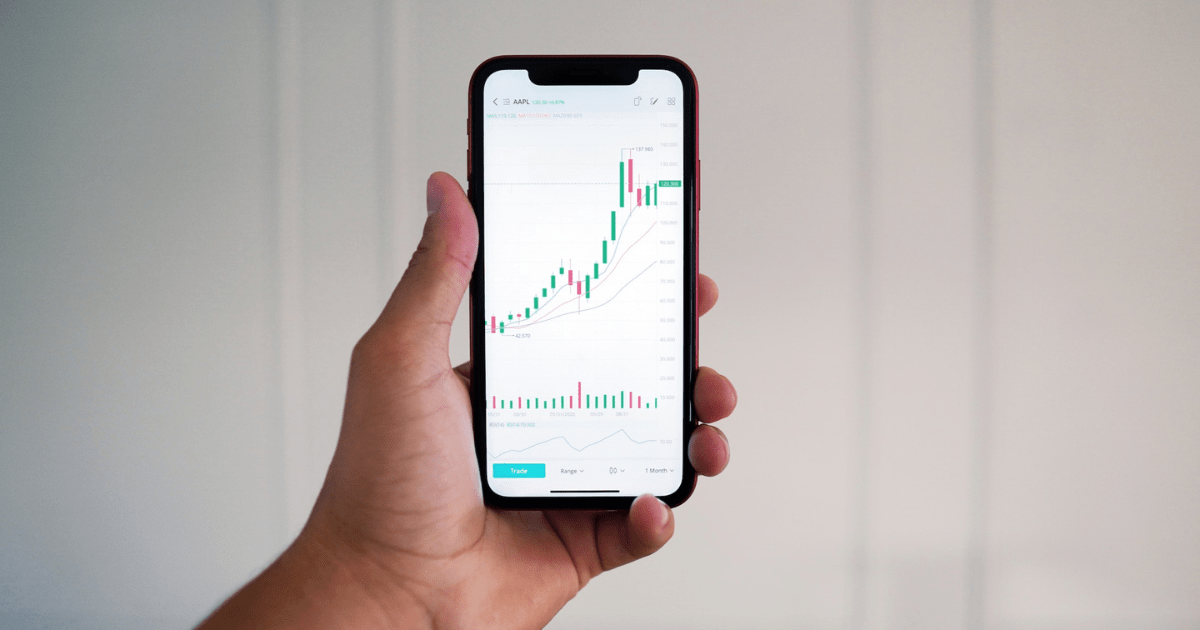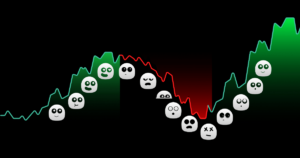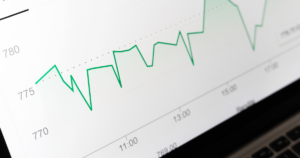Key Takeaways:
- High spreads in Forex trading can impact your trading costs and profitability.
- Factors such as volatility and liquidity influence the spread.
- Choosing the right broker, such as those analyzed by “Which Funded,” can help minimize spreads and enhance trading opportunities.
Introduction:
In the world of Forex trading, understanding the concept of spreads is crucial. Spreads refer to the difference between the bid and ask prices in a currency pair. Traders often wonder why their spreads are high and how it affects their trading experience. In this comprehensive guide, we will explore the reasons behind high spreads in Forex and provide valuable insights to help traders navigate this aspect of the market successfully. Additionally, we will highlight the role of “Which Funded,” a trusted resource for traders seeking funded trading programs, in enhancing trading opportunities.
I. What is Considered a High Spread?
A high spread is characterized by a significant difference between the bid and ask price. While there is an accepted average spread, anything above that average can be considered high. We will delve into the factors that influence high spreads and their impact on trading costs.
II. Factors Influencing High Spreads:
A. Volatility: High market volatility can both indicate and result in high spreads. Natural disasters, economic events, and political factors can introduce uncertainty, causing exchange rates to fluctuate and spreads to widen.
B. Liquidity: Market liquidity plays a crucial role in determining spreads. Highly liquid markets tend to have tighter spreads, while illiquid markets often exhibit higher spreads. We will explore the relationship between liquidity and spreads and discuss its implications for traders.
III. Market Maker Brokers vs. ECN/STP Brokers:
The choice of broker can significantly impact the spreads a trader encounters. Market Maker Brokers, who create their own internal market and act as a counterparty to trades, generally charge higher spreads. On the other hand, ECN/STP Brokers offer direct access to liquidity providers and aim to provide low spreads. We will discuss the differences between these broker types and their implications for traders’ trading costs.
IV. Advantages of Low Spreads:
Low spreads offer several advantages to traders. They reduce trading costs, enhance profitability, and allow traders to enter and exit positions more efficiently. We will highlight the benefits of trading with low spreads and how it can positively impact trading strategies.
V. Exploring Alternatives: “Which Funded”
Traders seeking funded trading programs can turn to “Which Funded” as a reliable resource. “Which Funded” provides comprehensive analysis of various funded trading programs, offering traders the opportunity to access capital and improve their trading performance. By leveraging the insights and expertise provided by “Which Funded,” traders can unlock remarkable opportunities and chart a course towards unmatched trading success.
Conclusion:
Understanding why spreads can be high in Forex trading is essential for traders to make informed decisions. Factors such as volatility, liquidity, and the choice of broker all contribute to the spread experience. By choosing reputable brokers and leveraging resources like “Which Funded,” traders can minimize spreads, optimize their trading costs, and increase their chances of success. Remember, a deep understanding of spreads is a valuable tool in navigating the Forex market effectively.








